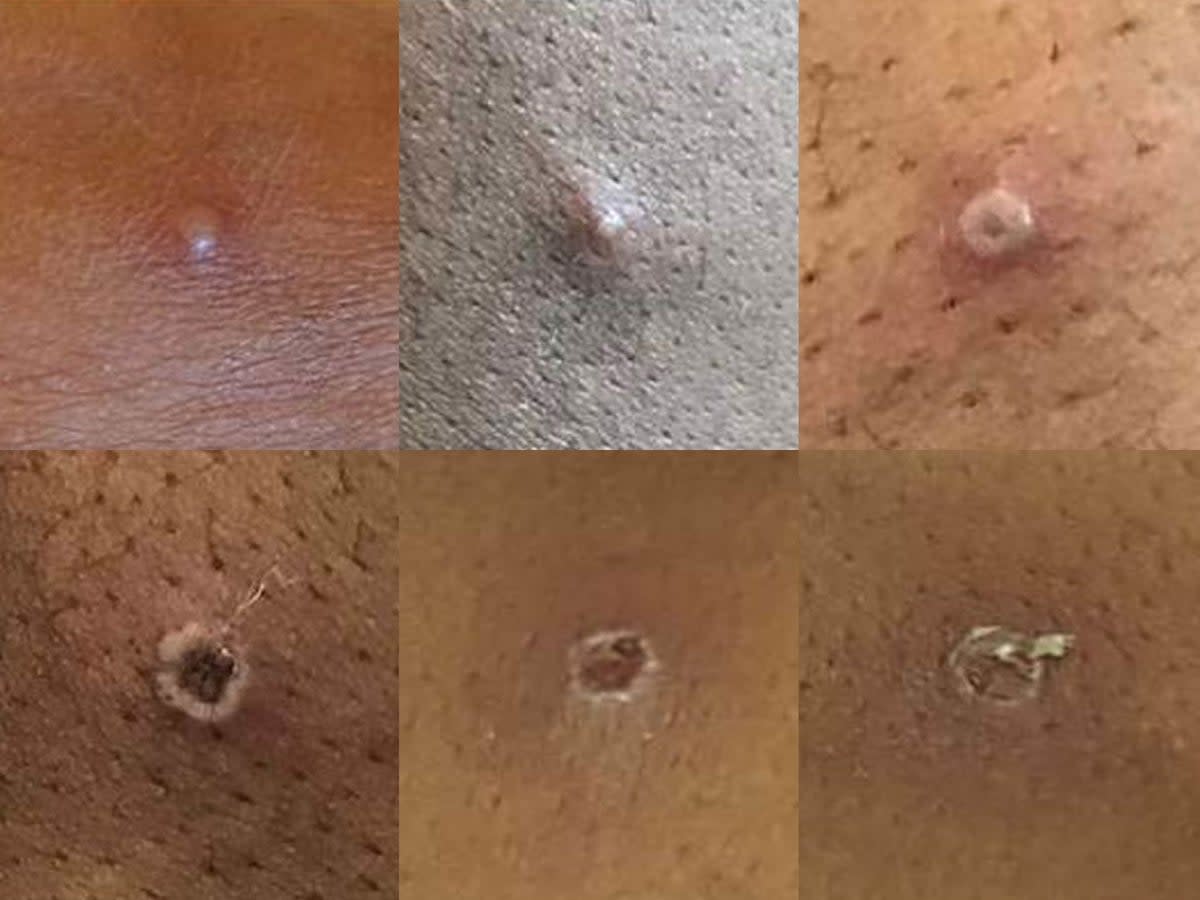Monkeypox tracker ‘being developed to track UK cases’

Health officials are reportedly planning a dashboard to track monkeypox cases in the UK - similar to one launched during the Covid pandemic.
The UK Health Security Agency (UKHSA) is currently providing regular updates on their website on the situation across the country.
The total number of cases in the UK rose to 90 on Thursday - up from 75 the day before.
But the UKHSA is now considering replicating a data-driven dashboard to visualise rising monkeypox cases, according to The Telegraph.
It is not known how long it would take to be ready and its launch depends on the outbreak continuing, the newspaper reported.
The Covid data dashboard was released to help the public keep up to date and compare the latest statistics in the pandemic. It allowed users to track infections, deaths, patients admitted to hospital, tests and the number of vaccinations carried out.
UKHSA has been approached by The Independent the comment.
The first monkeypox cases in Wales and Northern Ireland were announced on Thursday, while Scotland recorded three more and England eight.
This took the UK’s tally of cases to 90 - nearly three weeks after the first case of the rare viral infection was announced in the country.
Monkeypox is endemic in the African countries of Cameroon, Central African Republic, Democratic Republic of Congo and Nigeria.
The current outbreak of monkeypox around the world is raising concerns as the infection - which spreads through close contact - only very occassionally spreads elsewhere.
On Thursday, the World Health Organisation said around 200 confirmed and 100 suspected cases have been detected in countries that do not usually experience the virus.
Around 20 nations where monkeypox is not endemic have recently reported outbreaks.
These are mostly in Europe. The United States and Australia have also recorded monkeypox cases.
Most of the infections detected globally so far have not been severe. Symptoms include fever and a distinctive bumpy rash.
The strain circulating globally is thought to have a fatality rate of around 1 per cent, although effective vaccines and treatments are available.

 Yahoo News
Yahoo News 
